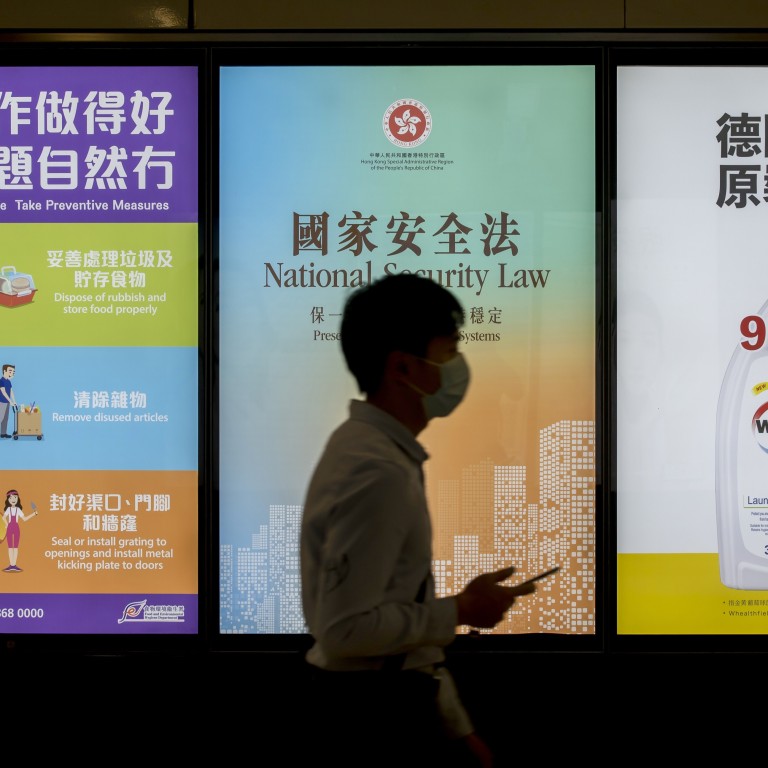
National security law: for Hong Kong scholars, a fear of the unknown
- Some scholars claim the ‘end of academic freedom’ is nigh, but not all of the city’s academics have reached the same conclusion
- While law’s vagueness raises questions over Beijing’s red lines, calmer heads warn against alarmism. Some say city can learn a thing or two from Singapore
Also last month, the Association for Asian Studies, which has about 6,500 members worldwide, called on universities to be “extremely cautious” about recording, storing and transmitting recordings of discussion classes, especially where students’ identities could be exposed.
The moves reflect unease and concern over the national security law, which some academics fear could spell the end of the city as a regional hub of quality higher education, scholarship and academic exchange.
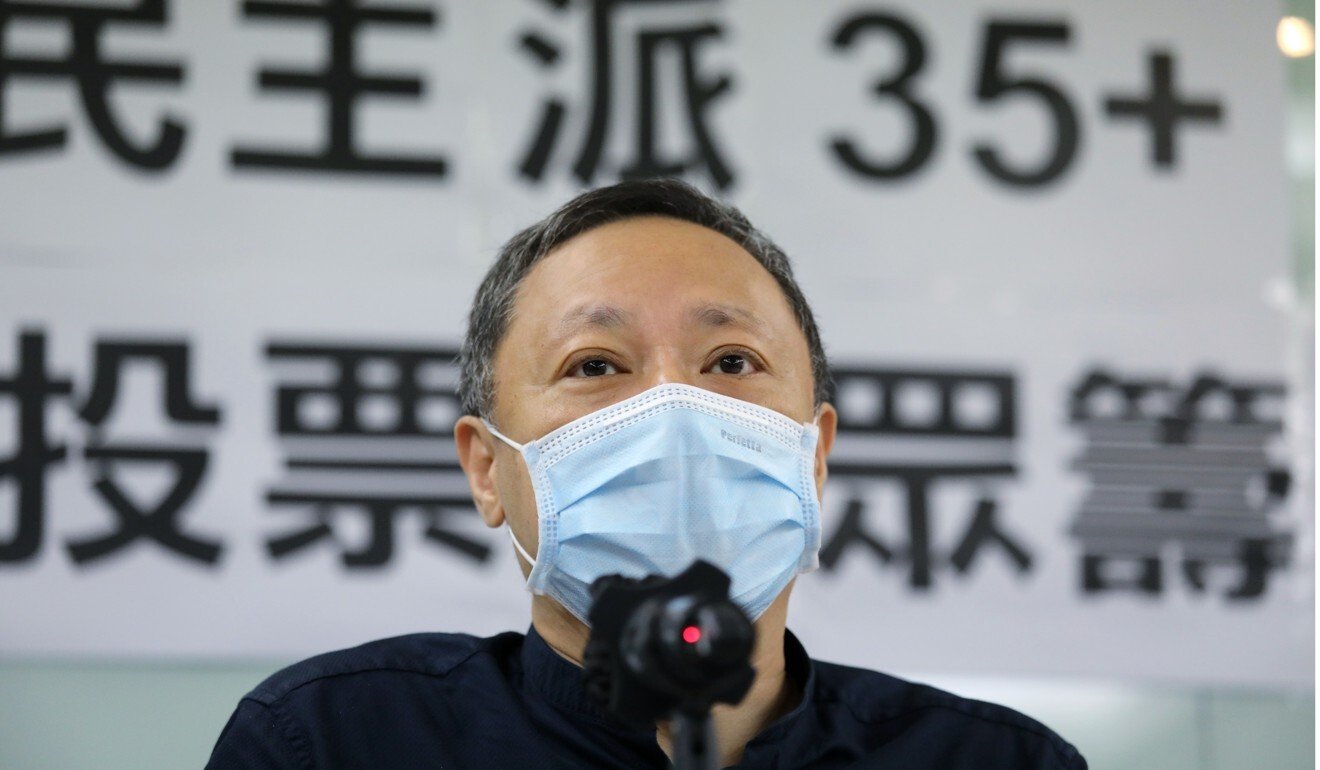
Concerns over the law have also led the International Studies Association (ISA), the largest association of scholars dedicated to the study of global affairs with about 7,000 members, to effectively rule out Hong Kong as a venue for its annual international conference.
Nearly 1,000 students, researchers and policy experts from around the world gathered in the city for its 2017 conference, themed “The Pacific Century?”.
In a speech on the opening day of the three-day event, Chief Secretary Matthew Cheung Kin-chung hailed Hong Kong’s status as an international city and bridge between China and the outside world.
“Our success over these two decades as a Special Administrative Region is rooted in the ‘one country, two systems’ framework that governs Hong Kong,” Cheung said. “It gives us the freedom to expand our ties with the world – economically, politically and culturally.”
ISA Executive Director Mark A. Boyer, an expert on international relations and climate change at the University of Connecticut, told This Week in Asia Hong Kong was “almost certainly” off the table for future events, mostly due to concerns about members’ privacy and fears discussions could be recorded and shared with authorities to incriminate speakers who touched on sensitive issues.
Boyer’s concerns are borne of experience. At a 2016 conference in Slovenia, his association ejected a Russian film crew that turned up unannounced at their venue out of concern that footage could be used against critics of Moscow.
“In the case of Hong Kong, the concern is not a specific one, but something that is on the radar and that we recognise would be possible and perhaps even likely,” said Boyer.

05:50
What you should know about China's new national security law for Hong Kong
There have also been reports of academics leaving.
A senior faculty member at a major university in Hong Kong said a junior academic in the science department submitted his resignation out of concerns for his safety despite not having another job lined up, and that a US-based professor turned down a job offer after initially signing a contract.
The national security law could turn Hong Kong into Asia’s Monaco
Article 10 calls on the government to promote “national security education in schools and universities and through social organisations, the media, the internet and other means”.
“From my perspective, no government has the right to make decisions about schools and the curriculum, much less about media outlets,” said a US-based academic who specialises in higher education, requesting anonymity.
“No way.”
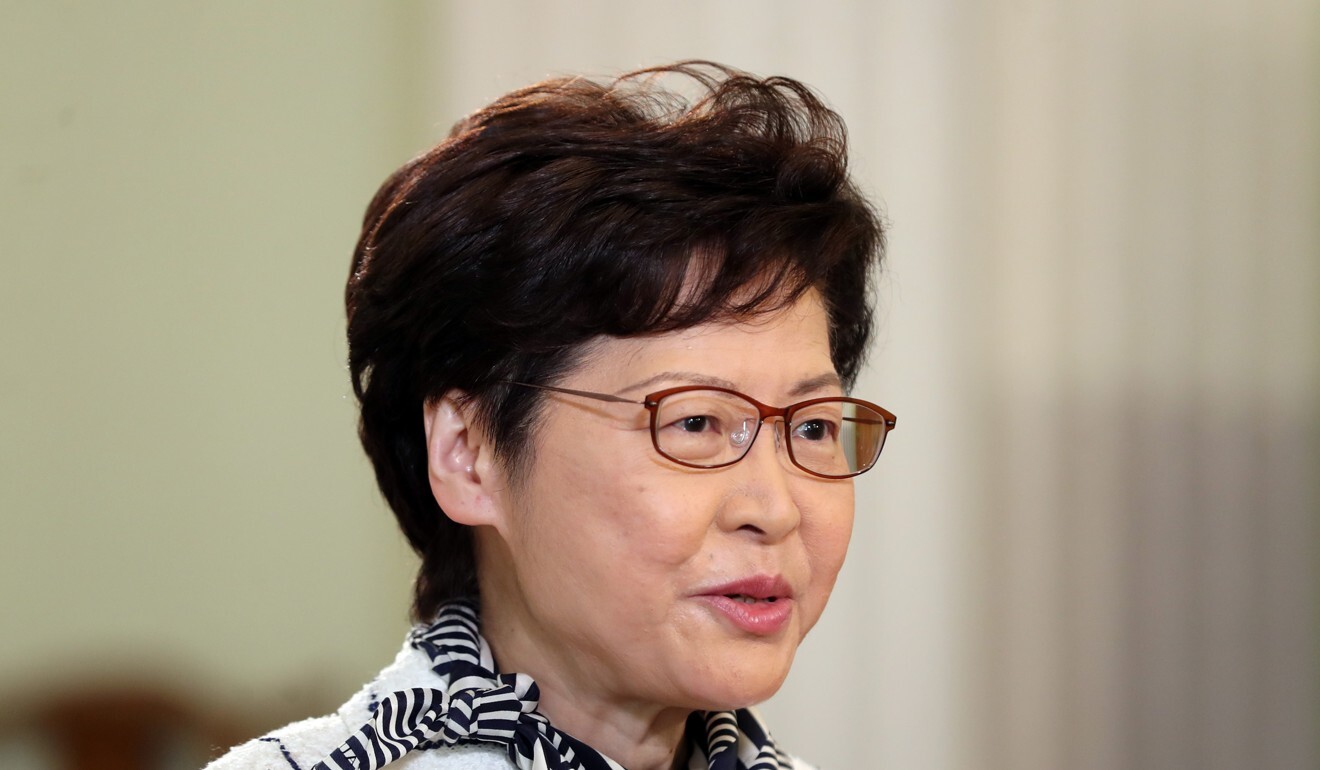
Article 20, which relates to secession and “undermining national unification”, and Article 22, which deals with “subverting the State power”, have also raised concern, as has the law’s extraterritorial nature outlined in Article 38.
“The descriptions of several offences repeatedly use the word ‘undermine’, which is so broad that it could apply to anything,” said one foreign academic who works in humanities at HKU.
“Regarding Article 20, for example, if we discuss young people’s distinctive Hong Kong identity, are we ‘undermining’ national unification? If we discuss the possibility of regions of the PRC [People’s Republic of China] one day being related in ways other than they now are, are we undermining unification?”
Hong Kong’s national security law prompts renewed interest in Singapore property
Article 29 has also received particular attention. It makes it a crime to “conspire with” or receive “any other kind of support” from a foreign institution to provoke “hatred among Hong Kong residents” towards the local or central governments.
“This could potentially put anybody in danger who critiques publicly the legitimacy of the government or who conducts research involving the local opposition or Hong Kong activists,” said one history lecturer who splits his time between London and Hong Kong.
“Since the foreign institution shall be found guilty of the same offence, it might also make it problematic to work with academics or activists in Hong Kong who are later found guilty of such crimes.”

02:19
Hong Kong national security law leaves ‘Lennon Walls’ in restaurants blank, protest posters out
Carsten Holz, an economics professor at Hong Kong University of Science and Technology (HKUST), said academia in Hong Kong was dead.
“It is no longer possible to conduct academic research and to teach in the fields of Hong Kong and China studies in Hong Kong,” said Holz. “One cannot expect professional academics to uphold the mission of academia, namely the quest for truth, under the threat of – de facto arbitrary – imprisonment in Hong Kong or ‘processing’ and disappearance on the mainland.”
The professor added: “The values of my university, the Hong Kong University of Science and Technology, from integrity and academic freedom to diversity and respect, have become debauched and empty fronts without meaning.”
But other academics said it was too early to judge the impact of the law, or expressed confidence about being able to continue their work or at least navigate the new red lines.
“I really think it remains difficult to predict how many will stay or come to Hong Kong because of the law and how many will leave because of it,” said Julien Chaisse, a professor at City University of Hong Kong’s (CityU) School of Law.
“After the elaboration and entry into force of the law, the next stage is the implementation and, I guess, it will take at least an extra 12 months to see how much that law has been applied and for what results.”
One foreign political scientist, who focuses on China and Asia, predicted his work would be unaffected: “Unless the research is super sensitive, I don’t think they [the authorities] would pay too much attention to boring academic research.”
The academic, however, said the new legislation would inevitably prompt younger scholars who did not have tenure to self-censor, even if their older counterparts would continue mostly as normal.
“They may think, ‘I want to build a career here in Hong Kong in the long run and I better be careful on the topics,’” he said, speaking on condition of anonymity. “I could easily imagine our younger faculty members will work on more conventional topics.”
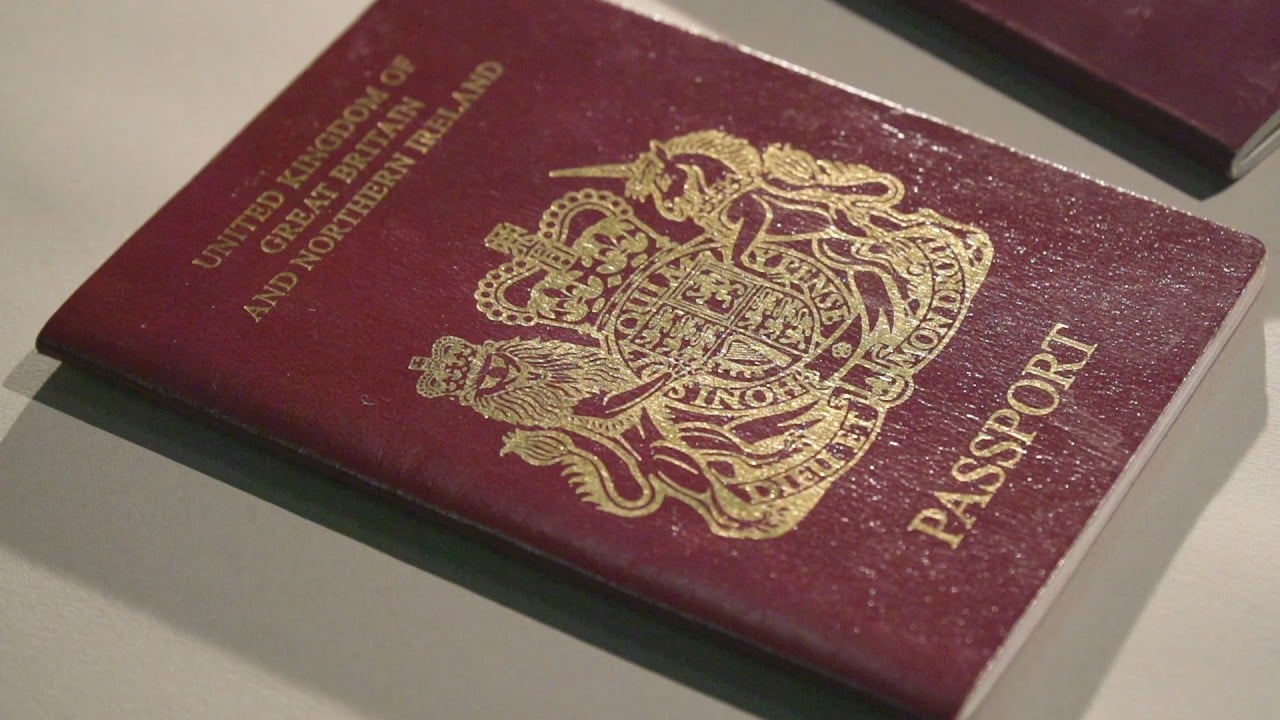
01:38
UK offers Hongkongers with BN(O) passports path to citizenship after new national security law
A HUB WHERE EAST MEETS WEST
The authorities have doubled the quota for international students to 20 per cent since 2008 and offered scholarships and research funding for foreign scholars that are widely considered generous by international standards.
Under the Hong Kong PhD Fellowship Scheme, for example, scholars from overseas can receive an annual stipend of HK$309,600 and HK$12,900 in travel and research-related expenses for up to three years.
This year, Times Higher Education ranked CityU and HKU as the two most international universities in the world, looking at metrics including the numbers of foreign faculty and international co-authorship, with CUHK rounding out the top five. About 70 per cent of the faculty at CityU is from overseas, while about 40 per cent of HKU’s faculty is from abroad.
In the academic year 2018-2019, about 42,000 overseas students studied at postsecondary institutions in Hong Kong. More than 1,100 courses are operated in Hong Kong by overseas institutions, according to the Education Bureau, with the University of Chicago and the University of Sunderland among the overseas universities with campuses in the city.
The latest Quacquarelli Symonds (QS) World University Rankings, which consider internationalisation among key metrics, feature four of Hong Kong’s eight publicly-funded universities – HKU, HKUST, Chinese University of Hong Kong (CUHK) and CityU – in the top 100.
HKU and CityU alone responded to a list of questions about academic freedom and international collaboration sent by This Week in Asia to Hong Kong’s eight publicly-funded universities.
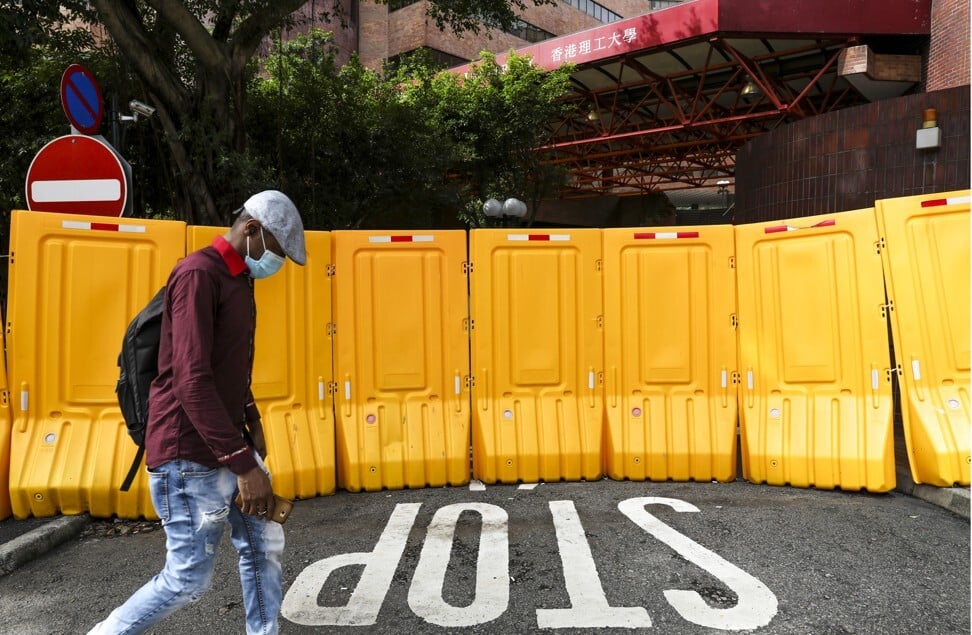
An HKU spokesperson said the university has had numerous recent collaborations with institutions including Harvard University and University of Cambridge, and was confident it would continue to attract quality students from around the world.
“The University of Hong Kong has always treasured freedom of expression, academic freedom and institutional autonomy of educational institutes,” the spokesperson said.
“These are core values underpinning the often-complex debates and issues on campus, and are upheld and safeguarded as a matter of principle by the university. We will continue to strive to provide quality education for students and to achieve excellence and innovation in teaching and learning, research and knowledge exchange.”
A spokesperson for CityU said the university remained committed to “providing opportunities for international students and scholars to come to a safe and exciting environment where they can pursue their academic ambitions and contribute to society”.
“At all times, we support, on a law-abiding basis, rational discussion and accommodate a range of diverse views in the spirit of mutual respect and collegiality,” the spokesperson said. “These basic principles provide a solid foundation for academic freedom and campus autonomy, which have always been an integral part of our core values.”
Why most Asian countries have not spoken out against Hong Kong’s security law
The spokesperson added that the university advocated the “separation of education and politics”.
But academics who have spent time building up Hong Kong’s tertiary sector question if hard-won gains can survive a law seen by critics as draconian, arbitrary and vaguely defined.
“I love Hong Kong, and respect and admire its universities,” said Jack Goldstone, a professor of public policy at George Mason University who led the Institute for Public Policy at Hong Kong University of Science and Technology between 2015 and 2016.
“So I am dismayed to say that I fear it will be most difficult for Hong Kong to continue its special role as a global centre of academic excellence that draws on the best in Asia and the West, and serve as an objective and privileged place for the study and understanding of China.”
Gerard Postiglione, an honorary professor at HKU’s Faculty of Education, struck a more optimistic note, pointing to Hong Kong’s traditional strengths, such as intellectual openness, a global reputation for advanced research and the proximity to the Chinese mainland.
“There is no doubt that the Hong Kong academic research enterprise will remain a key node in global knowledge networks. It is already a global leader in several key fields,” said Postiglione.
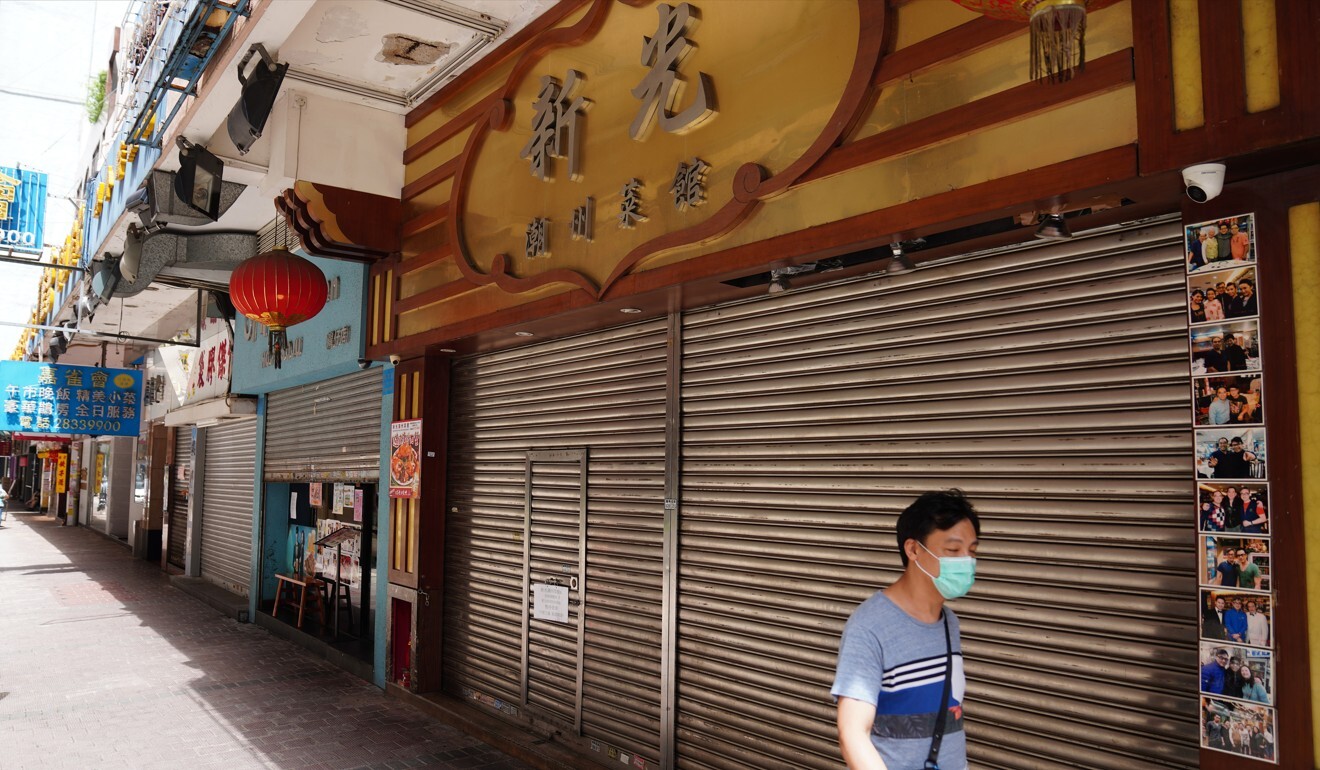
There are also worries over recruitment and retention of foreign talent, a key metric of the international university rankings.
Timothy O’Leary, the former head of HKU’s School of Humanities, who now lectures at the University of New South Wales in Sydney, said he had been contacted by “quite a few Hong Kong-based academics who want advice on applying for positions in Australia”.
He added: “I do expect that once the impact of Covid-19 recedes, many HK-based academics will seriously consider relocating.”
At one arts department at HKU, a professor from North America said he was planning to leave Hong Kong next year and knew of three other senior staff in his department preparing to do the same because of the law.
“One comment I’ve heard is, ‘When I came to Hong Kong, I wasn’t signing up for this,’ referring to working under the new state security law,” the academic said.
National security law: Naver moves data centre from Hong Kong to Singapore
Although less overtly political than the humanities, the scientific disciplines have not escaped concerns about academic freedom either.
Professor Yuen Kwok-yung, a renowned infectious disease expert from HKU, came under heavy criticism from pro-establishment figures recently after he released a study on the estimated number of people infected with Covid-19 in Hubei province, where the disease was first detected.
Yuen’s study, published in June in The Lancet Microbe, suggested that about 2.2 million people in Hubei province may have been infected, prompting Stanley Ng Chau-pei, president of the pro-Beijing Federation of Trade Unions, to accuse the scientist of “acting in concert with the US attack on China”.
Shekhar-madhukar Kumta, a professor of orthopaedics at CUHK, expressed concern about the law’s provisions on “state secrets”.
“The definitions are arbitrary and depend on what the state defines as national interests,” said Kumta. “It is so broad and all-encompassing that almost anything could qualify as a state secret.”
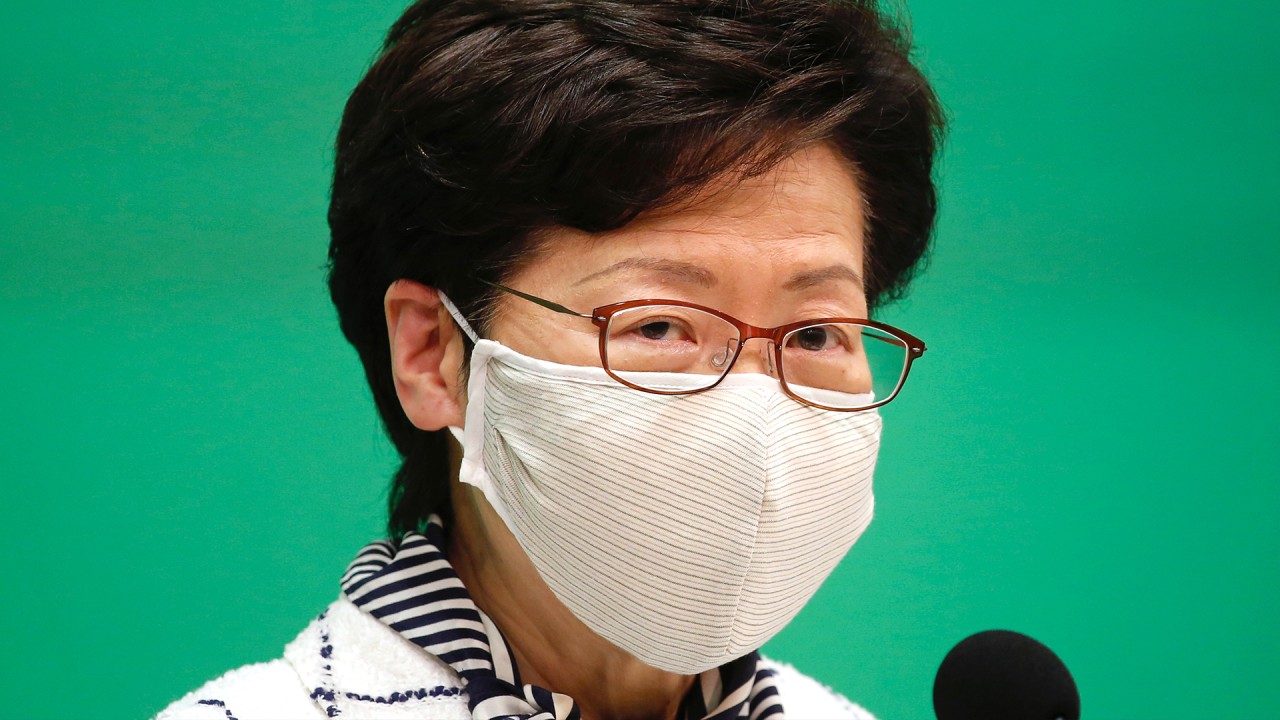
01:59
Hong Kong leader Carrie Lam says primary election might have violated national security law
Kumta said anyone doing research that could place the country in a negative light could be affected by the law. “When there is infectious disease or an epidemic … much of the data is informative but could be misconstrued as prying or making use of state secrets,” he said. “People might not find it very easy to do research.”
“There are plenty of environmental issues all over China … the investigation of which would potentially end up with you making criticism of local and national government, or policies particular to environmental concerns,” the academic said.
He said that one junior academic in his department had already resigned and another US-based academic had declined a job offer at the university due to the law.
A medical researcher in Hong Kong said he was not worried his work would be affected but studies on diseases that might have economic consequences could become a sensitive area to work on.
He pointed to examples such as the avian flu, which could necessitate the mass culling of poultry.
“If you find anything in Hong Kong, nothing prevents us from reporting quickly, promptly, internationally,” the researcher said, whereas his colleagues on the mainland have had to “think carefully about releasing info”.
In Hong Kong’s national security law era, echoes of Northern Ireland’s Troubles
SINGAPORE MODEL?
A US-based expert in higher education who previously studied in Hong Kong said he attended a recruitment forum at HKU last year to scope out employment opportunities, before ultimately deciding the city would not be a “realistic career option”.
“Much of my research critically examines existing institutional and social structures, as well as the plight of minoritised groups,” said the academic.
He acknowledged that working in Hong Kong would likely offer better pay, more research funding and greater institutional prestige than his current university position. “Such research would have been welcomed, or at least tolerated, back when I studied at HKU in 2010.
“It absolutely still could be done, but I would have to resituate my research as entirely apolitical, which I have no intention of doing,” the scholar said. “So, I’m switching over to Singaporean food culture, where I will have decidedly more opportunities to engage informants on their political opinions.”
One Singaporean academic with professional connections in Hong Kong predicted the academic environment for foreign academics could come to resemble that of the Lion City.
“Taking the case of Singapore, it appears that foreign academics can flourish as long as their work is not deeply critical of certain taboo topics within the nation-state, primarily to do with local politics as well as race and religion,” said the academic, a lecturer in the humanities. “The same could happen in Hong Kong.”
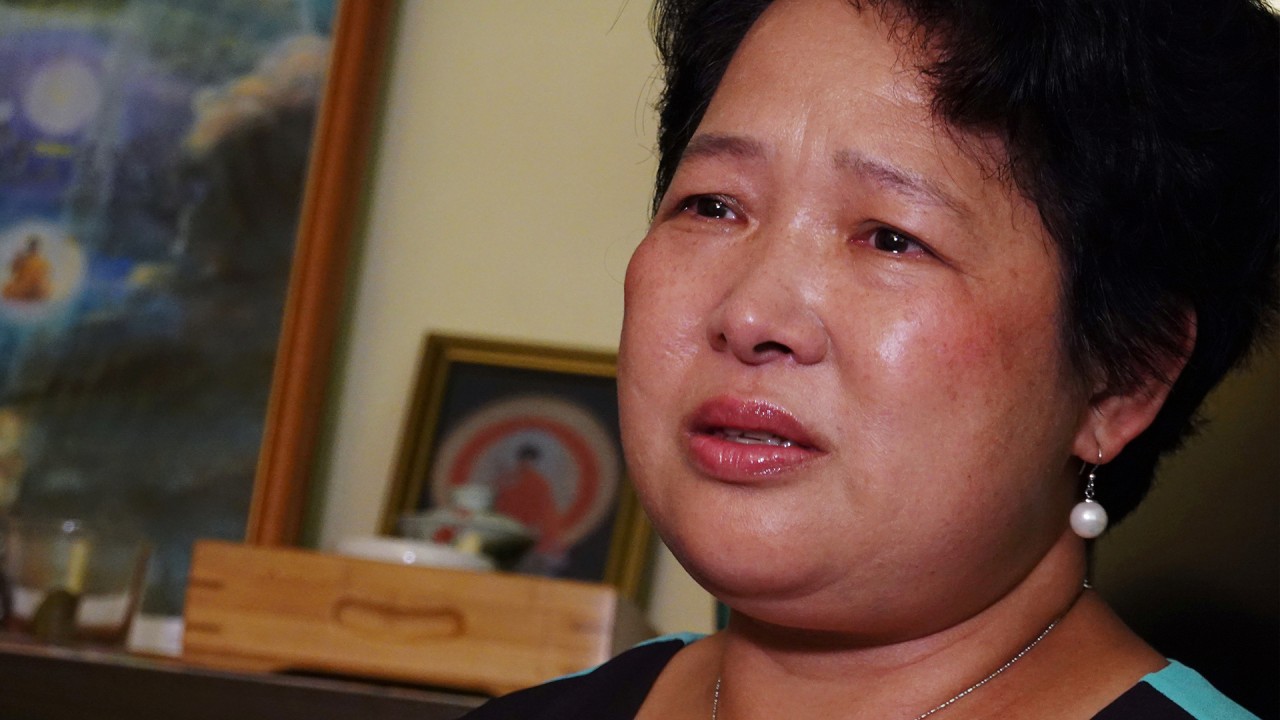
03:58
‘There’s no sense of safety’, says Falun Gong practitioner about Hong Kong national security law
Douglas Kerr, a former English professor who spent more than 30 years at HKU before returning to Britain in 2017, recalled little concern within academia in the run-up to the 1997 handover from British rule, despite widespread speculation in international media about the overall demise of the city at the time.
“I don’t remember any immediate anxiety about academic freedom – the longer term was invisible in any case – and with the handover, nothing much changed in the university,” Kerr said, adding that he would not comment on the current climate out of a caution about “pontificating on Hong Kong affairs from this safe distance”.
“I think we felt that the institution was pretty robust. Of course in those days, we respected the University Council and trusted them to act in the interest of the university and its values and traditions. It seems a long time ago.”
Some academics expressed faith in their ability to defend academic values in the new environment.
Education University of Hong Kong academic Isabella Ng Fung-sheung said it was business as usual for her university, which recently held an online seminar that gathered foreign and local legal experts and activists to discuss the national security law’s implications.
“I would not provoke the authorities,” said Ng, an assistant professor at the Department of Asian and Policy Studies. “I would not do something deliberately to see if it would get me arrested. But as a scholar and public intellectual, I think we should uphold our integrity. There are fears for sure – but we should never get used to it.”
National security law: could Singapore take Hong Kong’s finance crown?
“I am aware of the time-honoured history of local scholars upholding the integrity of academic autonomy on various occasions, fending off infringements from the government and other vested interests,” said one local doctoral student at HKU who collaborates with overseas academics.
“As long as academic autonomy is respected and upheld, I believe Hong Kong remains one of the leading hubs of academic research in Asia and the world.”
Tammy Ho Lai-ming, an associate professor of English literature at Hong Kong Baptist University, said she didn’t believe projects she was involved in such as an upcoming international conference on Hong Kong writer Xi Xi would be impacted by the law.
“Scholars from other parts of the world will be joining us,” Ho said.
“Thinking that academics will ‘refuse’ to visit Hong Kong to take part in scholarly exchange because of the national security law is a bit alarmist.”
Ho, who is also the president of the Hong Kong chapter of freedom-of-expression advocacy group PEN, acknowledged being worried about the law, but said many academics, activists and others with a “sense of purpose”, rather than being silenced, would be motivated to “fight for their ideals carefully and strategically”.
“I believe everyone has a bottom line when it comes to speaking the truth, taking into consideration one’s own safety, family, job security, and more,” Ho said.
Postiglione, who first arrived in Hong Kong in 1981, cautioned against pronouncing the death of the city or the scholarship within its confines.
“Based on Hong Kong’s well-known international vibrancy and cosmopolitan adaptability, people will figure out ways to navigate so as to retain the best of Hong Kong,” he said. “Is there a choice?” ■



